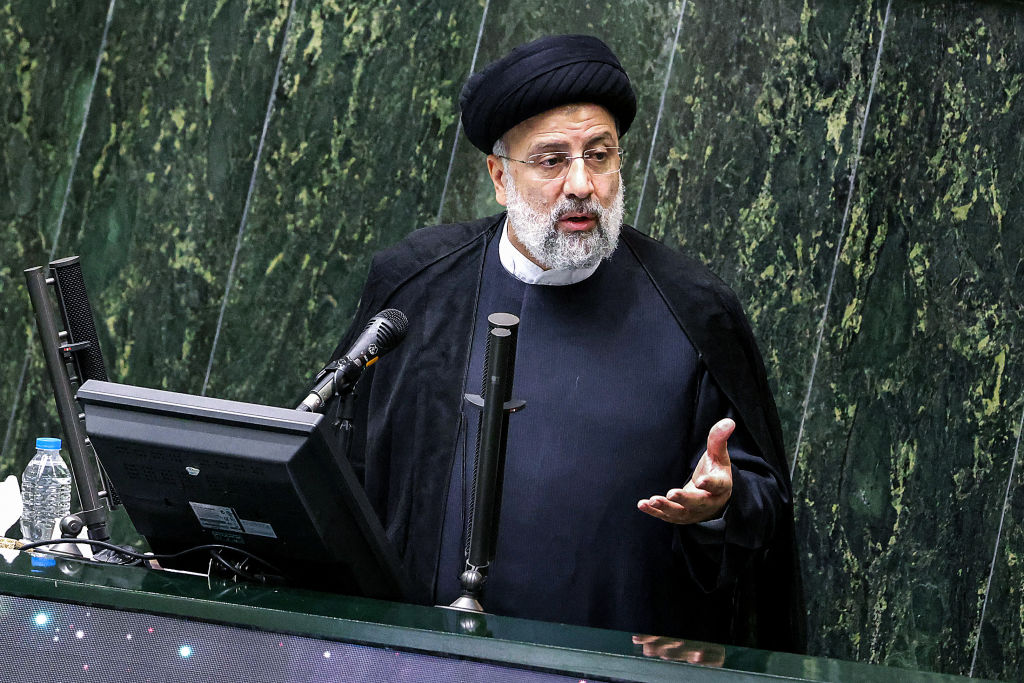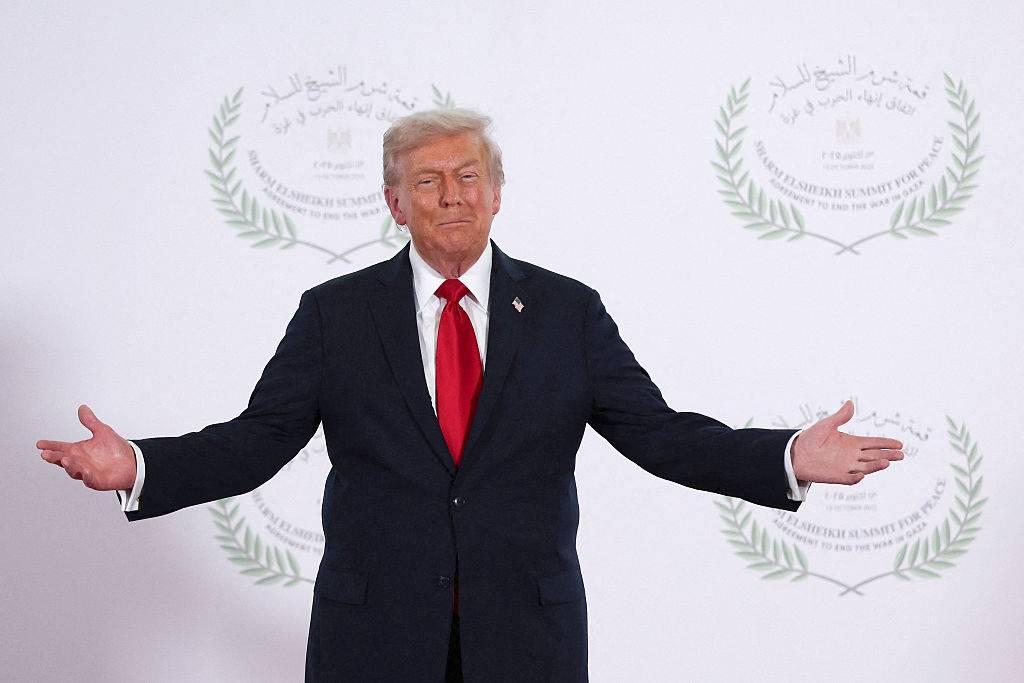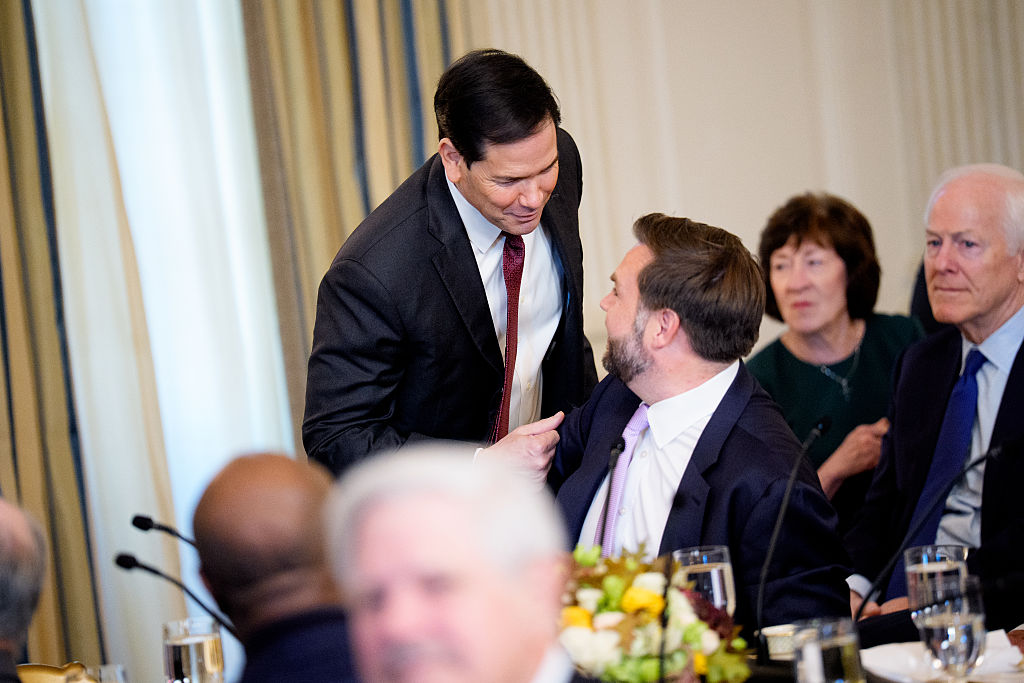A staple of observing politics is watching rhetoric curdle into reality. Operation Enduring Freedom, thought up and slapped together in the wake of 9/11, was supposed to put down the ‘global terror threat’ and bring freedom to the subjugated peoples of Afghanistan and the Middle East. It ended last week with images of despairing Afghans tumbling to their deaths from the undercarriages of fleeing US planes.
The rights and wrongs of leaving are sundering US foreign policy elites, but leaving the United States is most certainly doing. So what next? When the United States high-tails it out of the region you can be sure that everyone around is watching — no more so than in neighboring Iran.
Iran has a peculiar relationship with the Taliban. The two sides almost went to war in 1998 after 11 Iranian diplomats were killed by what the Taliban called ‘renegade forces acting without orders’. And as a largely Deobandi Sunni gang on the one hand and the world’s largest Shia state on the other, each considers the other to be deviant. But of course, things are never that simple. Iran was happy to shelter al-Qaeda leaders in Tehran while the Taliban — like almost all gangs of thugs — are a disparate bunch.
As Dr Mike Martin, War Studies Fellow at King’s College, London and author of An Intimate War: An Oral History of the Helmand Conflict points out, Iran has long sponsored various Taliban groups, particularly in the country’s southwest. ‘The Iranians have a complex relationship with the Taliban,’ he tells me. ‘The key issue in southwestern Afghanistan — Helmand and so on — and southeastern Iran is water; and this is what is behind a lot of what is happening in the country right now.’
‘Iran has sponsored militant groups in Helmand for decades because of all the dams that are there,’ he continues. ‘During its first rule of the country, the Taliban shut off the water to Iran which almost made the Iranians invade.’
Iran and Afghanistan signed the Helmand River Treaty in 1973 that sought to parcel up water allocations from the river, but neither side has ratified it — and the impasse remains raw. In March 2021, former Afghan [resident Ashraf Ghani inaugurated the Kamal Khan Dam in southwestern Nimroz province, near the city of Zarang, declaring that Afghanistan would no longer give away free water to anyone and if they wanted it Iran must provide fuel to Afghans in exchange. His meaning was clear: with this dam we can switch the water off again any time we please — pony up or else.
Martin believes that it’s no coincidence that Zurang fell first during the Taliban advance. ‘Iran-sponsored Talibs took the city to take control of the water for Tehran,’ he tells me. ‘There are rumors that Nimroz they released a load of water from that dam into Iran.’
There were many things behind the Taliban’s Blitzkrieg-style rampage through Afghanistan, but the one no one is talking about is the one that may, in due course, come to shape the region as much as oil did in the 20th century: water. Here, the crux is Iran’s desperation to sort out its chronic water problems, which right now threaten the stability of the state.
Years of water mismanagement means that Iran is now ‘water bankrupt’. As I wrote in The Spectator last month: the people are rioting; the regime is scared. ‘We are thirsty!’, ‘We want the regime to fall!’ they roared in the Khuzestan province in southwestern Iran. This is a problem for the mullahs. You can terrorize people demanding civil rights off the streets, but if they are dying of thirst then a bullet won’t hold much fear, in fact it might even be a quicker — and hence more merciful — death.
By fleeing from Afghanistan now the Biden administration has set in motion a chain of events whose regional effects will only become fully clear in the years to come. But even now, it’s apparent that in allowing Iranian-sponsored Taliban groups not only to become a part of the new government of Afghanistan but help Tehran solve the problem that threatens it the most, the US has made Iran an immediate winner of the Taliban takeover.
Things can change of course — rapidly and irretrievably. But as Washington ‘sorts out Afghanistan’, it will soon turn its attention to the Iranian nuclear impasse — to try to either revive the 2015 Joint Comprehensive Plan of Action, (JCPOA), the so-called nuclear deal, or draw up a new one.
Such was former president Barack Obama’s desire to get a deal done back in 2015 that he was willing to overlook Iran’s wider regional behavior, leaving it free to butcher in Syria, Iraq and Yemen. Now there are fears, not least from Israel and the Gulf states, that the Biden administration might be willing to swallow a lot of political pain now to get a JCPOA mark II done. Whether they realize it or not, the process has almost certainly already begun.

























